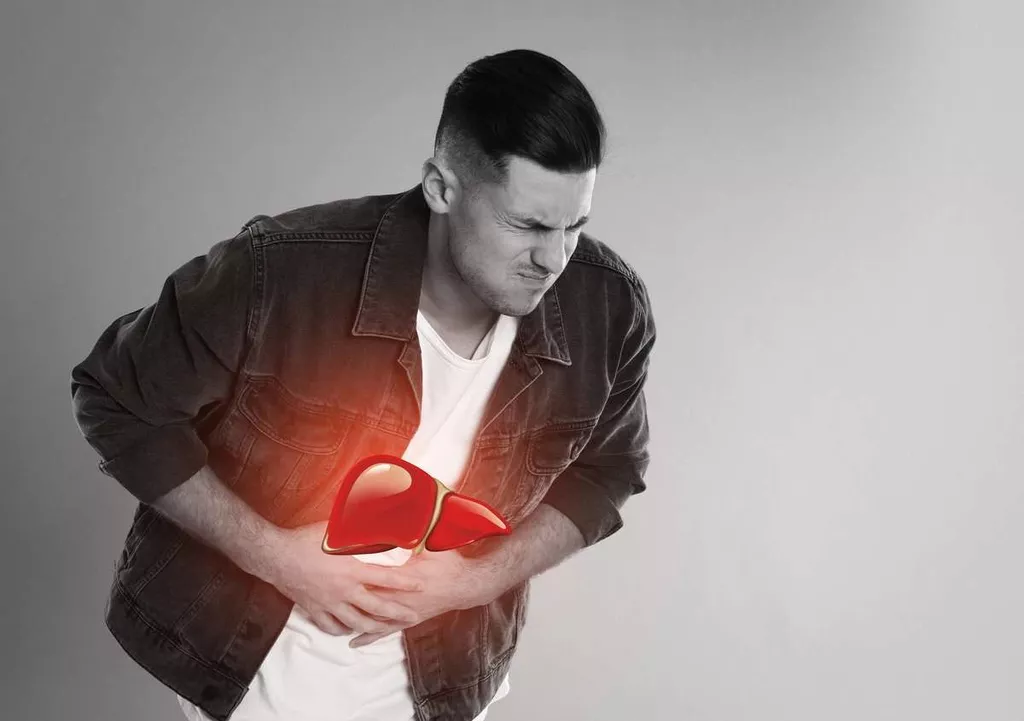
If a person believes they may be drinking excessively or may have developed AUD, they should speak with a healthcare or mental health professional or reach out to a support organization. In this stage, people may be simply experimenting with alcohol consumption. They can be moderate drinkers with the occasional instance of binge drinking. People used to refer to alcohol use disorder as alcoholism, and the people with it as alcoholics. Experts have increasingly seen these terms as negative and unhelpful labels.
- Although this treatment stage is a very positive one, it comes with significant challenges.
- Family of origin dysfunction, usually generational, is responsible for much of this.
- Before anyone panics about the last comment, almost everyone who goes to treatment does so to address the symptoms.
Stage 5: Recovery
- Increased tolerance is one of the alcohol abuse signs, as it demonstrates the body’s adaptation to excessive alcohol consumption.
- Alcohol addiction develops at varying rates depending on factors like genetics and frequency of use.
- The room would not be correct either because the family roles that form under the substance user are at least equally destructive to the family and the intended patient.
- The textbooks make it sound like a simple process that the intended patient will quickly follow.
Early withdrawal symptoms include headaches, anxiety, nausea, irritability and shaking. An end-stage alcoholic will experience life-threatening withdrawal symptoms when they stop drinking. This is why detoxing should be done with a medical professional’s supervision at an addiction treatment center.
How Does Behavioral Therapy Help Treat Alcoholism?
The changes help their loved one to be held accountable and support the family to stop solving problems for their loved one. The family often believes the loved one is a victim of mental health or a disease of addiction, and they will never accept help from an intervention. It is helpful during this stage for the family to understand the impact of the addiction and mental health both on their 5 stages of alcoholism loved one and themselves. Not doing an intervention because you think they will say no is a feeble excuse. If it were any other medical problem with success rates far lower than addiction and mental health treatment, you would jump at the chance to try.
Health Products
If the patient or their family never changed their behaviors, is that a relapse; no, the current state never changed, and that is called resume. Our point is that to relapse, you must have changed your previous behavior before returning to old behaviors. If the person only goes through the motions and does not address the behaviors that cause the symptoms and conditions, they resume. Relapse is when someone has changed their behavior, has become sober, not abstinent or dry, and reverts to old behaviors later on. Relapse back to alcohol or drugs when a significant amount of sobriety was present does not happen in one day; it happens over time. The behaviors that lead someone back to active substance use happen long before the substance use.
What is Alcoholism (Alcohol Use Disorder)?
The most significant determining factor of success at the action and maintenance stage is the reason for going to treatment. Relapse is highly likely if the person only enters treatment to address the symptoms, not the cause. Before anyone panics about the last comment, almost everyone who goes to treatment does so to address the symptoms. When the consequences are more significant than the benefits, there are no longer positive consequences to negative behaviors, and there are symptoms, so they get help.

You may become more depressed, more anxious, or start losing sleep. You may start to feel sick from heavy drinking, but enjoy its effects too much to care. Many drinkers at this stage are more likely to drink and drive or experience legal troubles as a result of their drinking. A moderate drinker might pair a glass of wine with a meal, while a regular drinker uses alcohol to feel good in general.

Warning Signs of Alcoholism

Treatment for AUD includes medication, therapy, and lifestyle changes. In addition to managing a successful family medical practice, Dr. Hoffman is board certified in addiction medicine by the American Osteopathic Academy of Addiction Substance abuse Medicine (AOAAM). Dr. Hoffman has successfully treated hundreds of patients battling addiction. Dr. Hoffman is the Co-Founder and Chief Medical Officer of AddictionHelp.com and ensures the website’s medical content and messaging quality.
Maintenance Stage: Sustaining Long-Term Recovery
The effects of alcoholism include liver and heart disease, mental health disorders, job loss and financial instability, and relationship breakdown. Chronic alcohol abuse impacts virtually every aspect of an individual’s life, leading to severe health complications, psychological issues, economic hardships, and deteriorating social connections. After speaking to one of the intervention counselors, the family has engaged in pre-therapy change. Pre-therapy change is when you have talked to a professional or made an appointment with your doctor and feel better even though you have not taken action yet. When people make appointments or speak with their doctors, they follow their doctor’s advice and improve.

History and Physical

All health professionals must coordinate their actions to improve the management of the patient with severe alcohol addiction, which is responsible for alcoholic liver disease. Psychologists and psychiatrists must be asked by clinicians to assess the psychological state of patients to determine the origin of alcohol intoxication (depression, post-traumatic shock). It refers to a feeling of drinking that suddenly comes out of nowhere. Gradually, the patient reverts to old behaviors and beliefs, and suddenly, they find themselves with little to no defense against the next drink or drug. In our experience, when working with patients who relapse, we can work together to find when, where, how, and why the behaviors shifted.
This enables you to access medications to streamline alcohol withdrawal and to mitigate cravings during detox. You will also have continuous emotional and clinical care available, minimizing the chance of complications during detoxification. Alcoholism is a progressive brain condition that typically worsens if untreated. Regardless of the stage of alcoholism, we can help you address the physical and psychological aspects of addiction at Gratitude Lodge in Southern California. Many people who exhibit drinking patterns categorized as pre-alcoholic never develop alcohol use disorder and drink within guidelines for moderate drinking – social drinking. During the middle phase of the Jellinek Curve, a person’s struggle with alcohol will have become evident to friends and family.
Leave a Reply